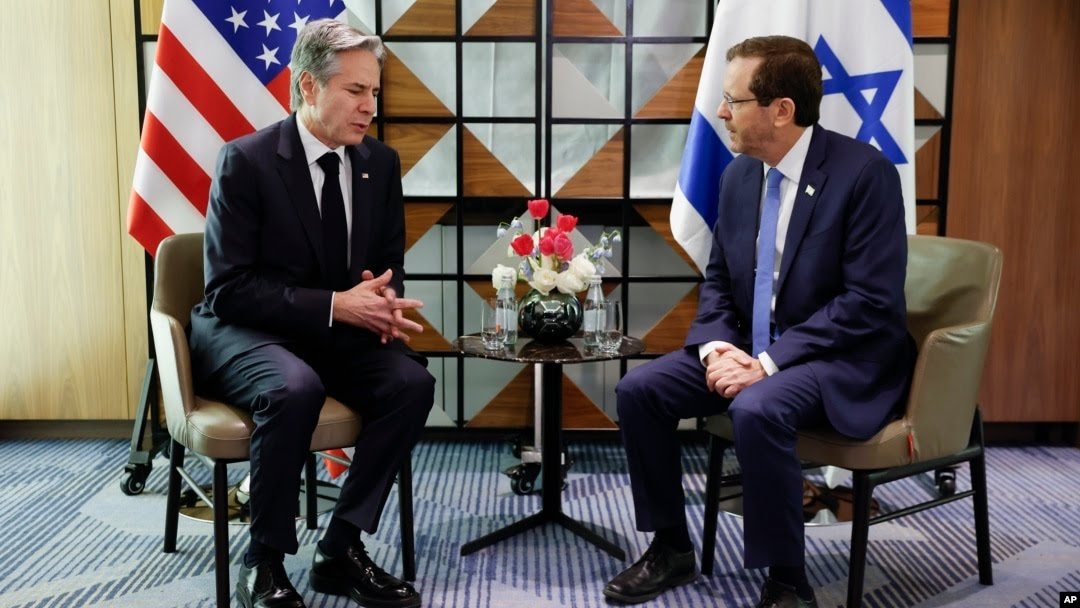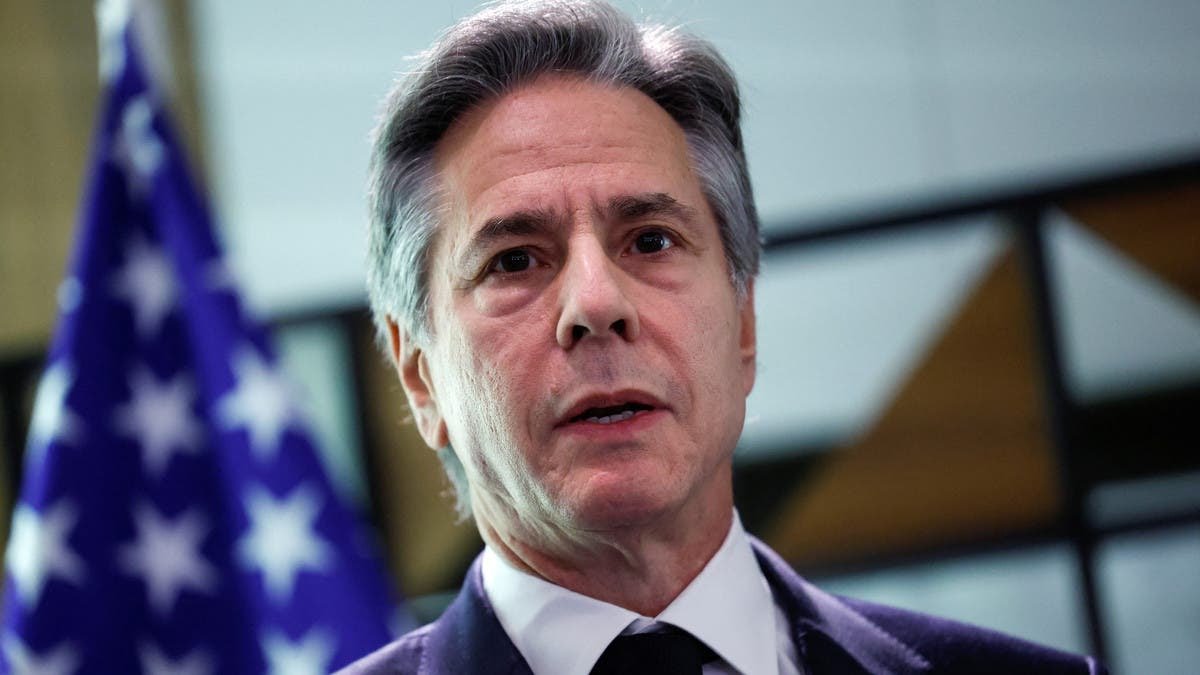
‘Knowledge of the subject’ and ‘fairness,’ dear Professor!
Hassan El-Nabih
I was fortunate to live for about six years in Britain, the USA, and Canada. My visits to these western countries were mainly for academic purposes, but I had excellent opportunities to communicate with westerners on a daily basis: in the university, at the market, on the bus, etc. I noticed that many westerners have distorted images and fabricated views of Palestinians, which can largely be attributed to the Israeli/Jewish propaganda machine. Nevertheless, I also noticed that the westerners in general are open-minded and willing to listen and get at the truth. In this regard, I would like to share a special experience I had with one of my American professors in 2009 while I was studying for my doctorate program in Boston.
Throughout the professor’s course, my classmates and I had to individually meet with her in her office in order to discuss the development of our course projects. On my first visit, I talked about my experience as a Palestinian teacher of English for more than twenty years in Gaza. The professor referred to her teaching philosophy posted on the back of her office door. It included nine characteristics: knowledge of the subject, course preparation and organization, clarity and understandability, enthusiasm for teaching, concern with students’ learning progress, availability and helpfulness, quality of examinations, impartiality in evaluating students, and overall fairness to students. I expressed my appreciation of these characteristics and highlighted the importance of having some fun in the classroom, as I believe in edutainment (blend of ‘education’ and ‘entertainment’). With a big smile lighting up her face, the professor got up immediately and wrote this characteristic at the top of the philosophy list with my name next to it — Fun! (Hassan).
A week later, when I arrived at the professor’s office for my second visit, I saw on the door a letter-size poster with the title “What if Hamas was in your neighborhood?” followed by two paragraphs referring to Israel’s war on the Gaza Strip which had ended a few weeks earlier (January 2009). Skimming the poster, I was shocked by the myths the poster included. I entered the office, and more shockingly, I saw a copy of the same poster on the wall. I greeted the professor and asked why she had the poster in and outside her office. She answered, “I’d like to balance out what I feel has been a one-sided presentation of the Israeli-Palestinian conflict.” I turned my laptop on and showed her a two-minute clip entitled “Behind the Scenes–Closed Zone.” The animation was made by Gisha, an Israeli (not Palestinian) organization, depicting the relentless, inhumane siege on Gaza. I told the professor that I had a traumatic experience during this [2009] war on Gaza; I was away from my family in Gaza, and the horrible news about the casualties and destruction there haunted my nightmares. I also showed the professor a photo of my mother, who was just nine years old in 1948, when she and her family escaped with their lives to Gaza after Israeli troops brutally attacked their village.
United Nations premises and shelters, were severely attacked. The message of your poster is a call for more killing and more destruction. IS THIS FAIR?
As one of your students, I have been hurt very much by this poster. My children in Gaza will not be happy to know that one of my professors supports the war on Gaza. I don’t think that this fits into your good teaching philosophy characteristic “Fairness to Students.” The concept of ‘students’ here applies to your actual university students as well as to those who approach you as a great scholar who has enriched knowledge for years.
I do agree that the Palestinian-Israeli conflict is very complicated; however, I still believe that there can be a solution if the international community makes reasonable efforts towards putting an end to the Palestinian suffering over the past seven decades. By doing so, there will be a lasting peace for all nations in the region.
Finally, I hope when I visit your office next time, I can see informative, interesting, and peaceful stuff posted on your office door.
I wish you peace, love, and happiness.
Sincerely,
Hassan El-Nabih
Interestingly, my message achieved the desired effect on the professor’s attitude. When I visited her the following week, she thoughtfully welcomed me, and I was really thrilled to see some beautiful flowers in place of the poster! Later, our communication developed into a strong friendship.
As highlighted above, my professor in Boston represents many westerners who do not have enough information about the Palestinian-Israeli conflict. Others, however, are unfortunately under the illusion that they know the truth. I would like to conclude my article with some important informative points:
- The Palestinian-Israeli conflict didn’t arise with the establishment of Hamas in 1987 or the establishment of Fatah in 1965. In fact, the conflict arose in 1948, when the state of Israel was established on about 78% of historic Palestine, an event that entailed systematic and violent ethnic cleansing operations; two-thirds of the indigenous Palestinian people were forced to flee their homes, turning them into refugees in the remaining Palestinian territories (namely, the West Bank, the Gaza Strip, and East Jerusalem) and in different places in the world. In 1967, Israel continued its colonial project by invading and occupying the remaining Palestinian territories.
- There is a scandalous double standard view towards what has been happening in occupied Palestinian territories and in Ukraine.
- Fifteen years have passed since I had this memorable experience with one of my American professors. In 2010, I finished my Ph.D. and returned to Gaza, where I work as a university instructor. Tragically, the situation has gotten decidedly worse; Israel launched four more aggressive wars on the Gaza Strip (in 2012, 2014, 2021, and 2023), resulting in much bigger numbers of casualties and greater hardships for innocent civilian Palestinians.
Israel has inflicted cruel collective punishment on the people in the Gaza Strip. I myself have never been affiliated with any militant or even political group; however, Israeli military aircrafts destroyed my own house twice, in the 2014 and 2023 wars! My story on Mondoweiss depicts how I miraculously survived in the 2014 war, when my house was brutally destroyed while I was inside. It took me five years and massive debts to reconstruct the house, but to my great shock, it was aggressively attacked and reduced to rubble in the 2023 war. Currently, I am living in untold misery with my family and thousands of other homeless Palestinians in a UNRWA school shelter.
As Israel’s 2023 war on Gaza has not ended yet, several Israeli officials have stirred up intense racial hatred against Palestinians. In sheer stupidity and callousness, one Israeli minister considered Gazans as “human animals,” and another Israeli minister suggested attacking the Gaza Strip (2.3 million people) with a nuclear bomb!
Palestinians shouldn’t be blamed for not being good victims. Israelis mistakenly think that what can’t be resolved by power can be resolved by more power. Israel’s military aircrafts, tanks, and warships can destroy Palestinians’ houses, but not their homes; their bodies, but not their spirits. Palestinians are human beings who don’t just resiliently love life; Palestinians, as Rafeef Ziadah’s poem goes, are people who teach life.
Israel must rectify its injustices against Palestinians, not with might, but for what is right. The Palestinian people are entitled to exercise their political, national, and civil rights like all other peoples in the world.
(Source: Mondoweiss)




![South Africa seeks justice for Gaza - Cartoon [Sabaaneh/Middle East Monitor]](https://i0.wp.com/www.middleeastmonitor.com/wp-content/uploads/2024/01/IMG_8149.jpg?resize=500%2C310&ssl=1)








